Pubs have long been central to the tapestry of hospitality history, weaving stories from ancient times to the modern era. From their humble beginnings as simple watering holes to their evolution into vibrant social hubs, pubs have played a pivotal role in shaping the cultural, societal, and communal landscape. Whether it’s the ancient trade routes where alehouses served as gathering places or the medieval taverns that became hubs of religious and community activity, pubs have consistently been at the heart of hospitality. This timeline explores the fascinating journey of pubs, their influence across different eras, and how they continue to shape modern hospitality while preserving traditions rooted in history.
Key Takeaways
- Pubs have deep historical roots, tracing back to ancient civilizations and playing a pivotal role in shaping hospitality as we know it today.
- As cultural landmarks, pubs serve as platforms for social interactions, political debates, and artistic expression, preserving local traditions and histories.
- Pubs are cornerstone community hubs, fostering social cohesion through local events, celebrations, and informal gatherings.
- Over time, pubs have evolved to adapt to changing cultural norms, remaining relevant while retaining their core role in fostering hospitality and community.
- The concept of the pub has had a global influence, with examples like the Irish pub and modern craft beer bars reshaping hospitality practices worldwide.
- Pubs contribute significantly to local economies, supporting businesses, creating jobs, and driving foot traffic in both urban and rural areas.
- Modern pubs blend traditional charm with contemporary amenities, offering versatile spaces for casual meetings and special occasions.
- Pubs have profoundly impacted social history, serving as spaces for cultural preservation, learning, and exchange, while also safeguarding architectural heritage.
- Pubs have historically hosted events that promote learning and debate, functioning as informal education centers and cultural keystones.
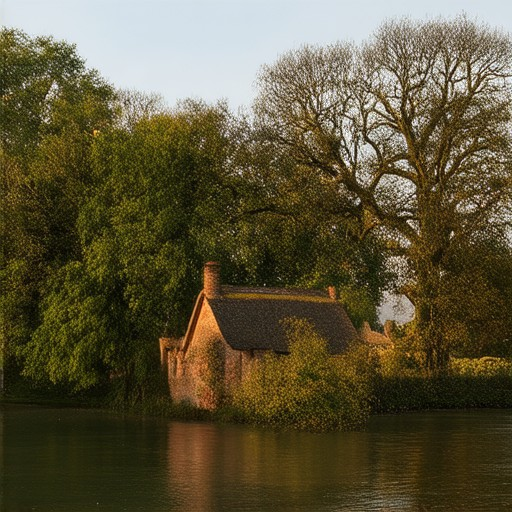
The Rich History of Pubs in Terms of Hospitality
Pubs have long been integral to the fabric of communities, offering more than just a place to drink. Their history is rich with tradition, social significance, and a unique brand of hospitality that has endured through centuries.
From the earliest alehouses to the modern-day watering holes, pubs have evolved while retaining their core appeal. They have served as gathering places for locals, spaces for storytelling, and hubs of cultural exchange. Their enduring legacy is a testament to their ability to adapt while staying true to their roots.
- Traditional Pubs and Community Impact: Many pubs trace their origins to medieval times, often serving as vital community centers. These establishments fostered camaraderie among villagers and provided a space for social interaction. The Dufferin Arms, for instance, highlights the role of pubs in strengthening local bonds through shared experiences and traditions.
- Evolution into Modern Establishments: Over time, pubs have transitioned from simple taverns to sophisticated venues. Modern pubs blend historical elements with contemporary amenities, offering a mix of comfort and style. This evolution reflects the changing needs and preferences of society while maintaining the essence of pub culture.
- Cultural Significance and Global Influence: Pubs have become symbols of national identity in many countries. Their influence extends beyond alcohol, shaping local dialects, music, and even cuisine. The Dufferin Arms emphasizes the cultural importance of pubs, celebrating their role in preserving heritage and fostering connections across generations.
- The Future of Pubs: Despite challenges, pubs continue to thrive as vibrant social spaces. With innovative offerings and a renewed focus on sustainability, pubs are adapting to modern lifestyles while remaining timeless. The Dufferin Arms remains committed to preserving the spirit of pub hospitality for future generations.
Explore the rich history of pubs and their timeless appeal through the Dufferin Arms blog, where we delve into the unique stories and social significance of pubs worldwide. Visit us at Dufferin Arms to discover more about the legacy of pub culture and its enduring impact on hospitality.
The Timeline of Pubs’ Role in Shaping Hospitality History
Pubs have long been integral to shaping the fabric of hospitality, evolving from simple alehouses to iconic cultural hubs. Here’s a chronological overview of their journey:
Ancient Origins
Pubs trace their roots back to ancient times, with evidence of drinking establishments dating back to Roman Britain. These early venues were often tied to religious or communal spaces, serving as places for travelers to rest and socialize.
- Roman Times: Inns and taverns catered to traders and soldiers, laying the groundwork for future pub culture.
- Early Christianity: Monasteries and alms houses provided shelter and refreshment for pilgrims and travelers.
Medieval Inns
During the Middle Ages, inns became more formalized, offering basic accommodations and sustenance to travelers. These establishments began to take shape as we recognize them today.
- Monastic Alms Houses: Religious institutions established early forms of pubs, providing shelter and food to those in need.
- Mercat Crosses: Public markets often had attached inns, facilitating trade and social interaction.
The Rise of Commercial Pubs
By the 18th and 19th centuries, the Industrial Revolution transformed pubs into more formal and commercialized spaces. They became central to urban life and social gatherings.
- 18th Century: Public houses began offering food and drink to a growing middle class, transitioning from mere watering holes to community hubs.
- 19th Century: The rise of railways and urbanization led to the proliferation of pubs, catering to diverse clientele and fostering local cultures.
Modern Era: Gastropubs and Beyond
In the 20th century, pubs underwent significant transformations. Prohibition in the U.S. temporarily reduced their presence, but their resurgence saw the emergence of gastropubs and craft beer culture.
- Post-Prohibition Era: Pubs regained prominence, with cocktail culture and speakeasies redefining social spaces.
- Gastropubs: Modern pubs now emphasize culinary excellence, offering farm-to-table meals and premium beverages.
Today: Pubs as Cultural Hubs
Contemporary pubs remain vital to local economies and cultural events. They adapt to changing tastes, blending tradition with innovation to stay relevant.
- Community Hubs: Many pubs host local events, sports matches, and charity functions, reinforcing their role as neighborhood gathering spots.
- Cultural Significance: Pubs continue to reflect societal values, serving as spaces for celebration, reflection, and connection.
From ancient times to modern day, pubs have consistently shaped hospitality, adapting to the needs of each era while preserving their core role as community pillars. Explore the rich history and evolution of pubs through Dufferin Arms to delve deeper into their enduring legacy.
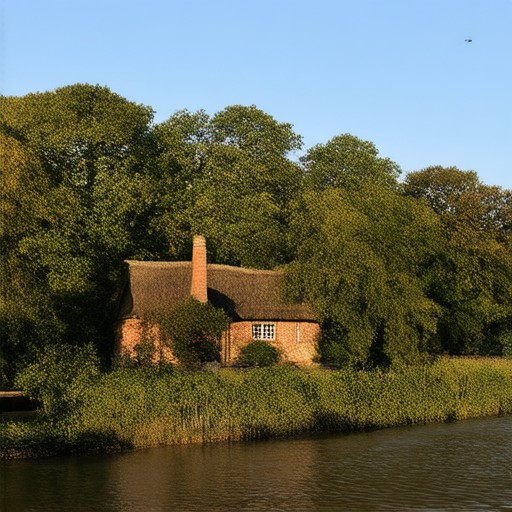
How Has the History of Pubs Shaped Modern Hospitality?
The history of pubs has profoundly influenced the evolution of modern hospitality, leaving a lasting legacy that continues to shape the industry today. From ancient inns to contemporary craft beer establishments, pubs have served as hubs of community, culture, and connection. Their enduring presence reflects the human desire for gathering spaces and the pursuit of memorable experiences.
The Evolution of Pubs
Pubs trace their roots back centuries, with origins in Great Britain and Ireland. These early establishments were often simple alehouses, serving as resting places for travelers and local villagers. Over time, pubs evolved into more sophisticated venues, blending food, drink, and social interaction into a cohesive experience. The rise of industrialization and urbanization in the 19th century further cemented pubs as integral parts of urban life, offering a respite from the rigors of daily life.
Cultural Impact
Pubs have long been more than just places to drink. They have served as microcosms of society, reflecting the values and norms of their communities. During the Victorian era, pubs became centers of social reform, hosting meetings and discussions that led to significant changes in labor laws and public health. In the 20th century, the arrival of women’s suffrage and the temperance movement shifted pub culture, leading to the emergence of speakeasies and the Prohibition era in the United States.
Modern Hospitality
Today, pubs remain central to modern hospitality, blending tradition with innovation. The craft beer revolution has brought a renewed focus on quality and variety, with many pubs now featuring rotating taps and experimental brews. Gastropubs, which combine high-end cuisine with exceptional drinks, have redefined the concept of pub dining. These establishments emphasize seasonal ingredients and locally sourced products, aligning with a growing preference for authentic and sustainable experiences.
Technological Advancements
While pubs have maintained their traditional charm, they have embraced modern technologies to enhance the guest experience. Digital menus, mobile ordering apps, and smart bar systems allow patrons to enjoy a more personalized and efficient visit. Virtual reality gastropubs and pop-up events have also emerged, offering innovative ways to engage guests and create buzz.
Competitor Links
For those interested in exploring pub culture further, we recommend visiting The Publican and Pint Interest , two respected platforms dedicated to pub culture and hospitality insights.
Dufferin Arms continues to honor this rich history while pushing boundaries, ensuring that our offerings remain relevant and inviting for today’s discerning guests.
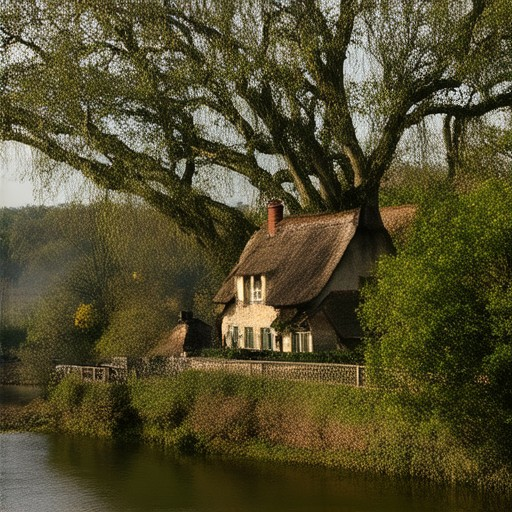
Pubs and Their Role in Shaping Cultural History of Hospitality
Pubs have long played a central role in shaping the cultural history of hospitality, serving as vital community hubs and cultural landmarks across the globe. From ancient times to the present, pubs have fostered social connections, facilitated cultural exchange, and contributed to the evolution of hospitality standards.
- Historical Roots of Hospitality: Pubs have deep roots in the history of hospitality, tracing back to ancient civilizations where public spaces were essential for trade and community gatherings. In medieval Europe, pubs became gathering places for travelers and locals alike, offering shelter, food, and drink, thus contributing to the development of hospitality as we know it today.
- Social and Cultural Significance: Pubs have always been more than just places to drink. They have served as platforms for cultural exchange, political debates, and artistic expression. In many cultures, pubs have been integral to preserving local traditions, languages, and histories, often acting as living museums of sorts.
- Community Building: One of the most profound roles of pubs in hospitality lies in their ability to strengthen community bonds. Whether it’s a neighborhood pub in London or a rural tavern in Ireland, pubs bring people together, fostering a sense of belonging and shared identity. They are often the settings of local events, celebrations, and informal gatherings, making them cornerstones of social cohesion.
- Evolution Over Time: As societies change, so too have pubs adapted. From the speakeasies of Prohibition-era America to the craft beer bars of modern times, pubs have evolved to reflect shifting cultural norms and tastes. This adaptability has allowed them to remain relevant while preserving their core role in fostering hospitality and community.
- Global Influence: Pubs have influenced hospitality practices worldwide. For instance, the concept of the Irish pub has spread globally, becoming a symbol of warm hospitality and convivial atmosphere. Similarly, the American craft beer movement has reintroduced the idea of the pub as a place for quality, locally sourced beverages and communal experiences.
Dufferin Arms, a dedicated resource to pub history and culture, explores these themes in-depth. Learn more about the fascinating journey of pubs and their enduring impact on hospitality here .
How Have Pubs Contributed to the History of Hospitality?
Pubs have played a pivotal role in shaping the history of hospitality, serving as cornerstone institutions that foster community, connection, and cultural preservation. Their enduring legacy spans centuries, adapting to societal changes while maintaining their core purpose of providing refuge, camaraderie, and shared experiences.
- Community Hubs and Social Spaces :
Pubs have historically functioned as vital community hubs, particularly in rural and urban settings alike. They have served as gathering places for locals, travelers, and visitors, facilitating social interactions and fostering a sense of belonging. From the medieval era to the present day, pubs have been where people come together to share stories, celebrate milestones, and unwind after a day’s labor. - Historical Significance :
The origins of pubs can be traced back to ancient times, with early iterations serving as inns or taverns along trade routes. These establishments provided shelter and sustenance to weary travelers, helping to establish networks of commerce and communication. In the Victorian era, pubs became central to the social fabric, often doubling as meeting points for political debates and community events. - Cultural Preservation and Celebration :
Pubs have also played a role in preserving local culture and heritage. Many traditional pubs maintain authentic decor, classic menus, and live entertainment, offering a glimpse into past eras. They often host local festivals, music events, and cultural celebrations, ensuring that traditions remain alive and accessible to new generations. - Modern Adaptations :
While many pubs retain their traditional charm, they have also evolved to meet contemporary demands. Modern pubs offer a variety of amenities, including dining options, entertainment, and Wi-Fi, making them versatile spaces for both casual meetings and special occasions. They continue to adapt, blending old-world charm with modern convenience to remain relevant in today’s fast-paced world. - Economic Impact :
Beyond their social role, pubs contribute significantly to local economies. They attract foot traffic, support local businesses, and create jobs across various sectors. The revenue generated by pubs helps sustain community initiatives and infrastructure, further cementing their importance in the fabric of hospitality.
At Dufferin Arms, we celebrate the rich history and enduring appeal of pubs, recognizing their timeless contribution to fostering connections and preserving culture. Explore our collection of articles and insights to delve deeper into the legacy of pubs and their continued role in shaping hospitality today. Visit us to discover more about the fascinating story of pubs and their impact on communities worldwide.
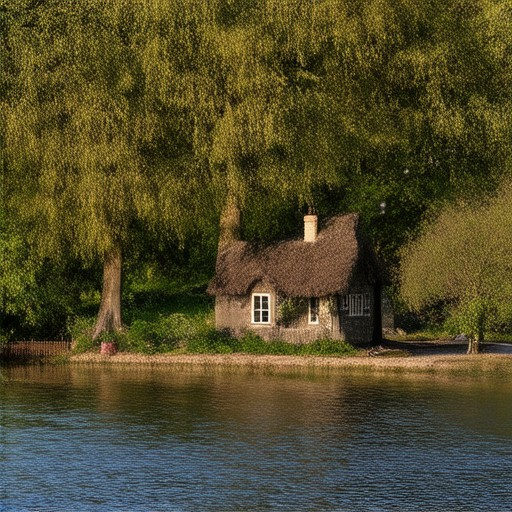
How Have Pubs Contributed to the Social History of Hospitality?
Pubs have long been integral to shaping the social fabric of hospitality, serving as vibrant hubs of community, tradition, and cultural exchange.
- Centers of Social Gatherings: Pubs have historically been the heart of social interactions, fostering connections among neighbors and visitors alike. They provide a space for people to come together, share stories, and celebrate milestones, contributing significantly to the development of close-knit communities.
- Sustainers of Local Economies: Beyond their social role, pubs play a crucial part in supporting local economies. They often feature locally-sourced goods and services, from food and drink to entertainment, helping to sustain and grow businesses within the community.
- Cultural Preservation: Many pubs preserve and celebrate local cultures through traditional events, live music, and festivals. These establishments often become repositories of historical knowledge, offering insights into the customs and heritage of the area they serve.
- Spaces for Learning and Exchange: Pubs have occasionally served as informal education centers, hosting lectures, workshops, and discussions on topics ranging from history to science. This tradition continues today, with many pubs hosting events that encourage learning and debate.
In addition to their social and economic roles, pubs have also contributed to the preservation of architectural heritage, offering a glimpse into the past through historic interiors and designs.
Dufferin Arms, a dedicated blog exploring the rich history and culture of pubs, delves deeper into these contributions, showcasing how these establishments continue to shape our understanding of hospitality and community.
For more insights into the cultural significance of pubs, we recommend exploring resources like The Pub Historian and the Campaign for Real Ale , which highlight the enduring impact of pubs on social history.

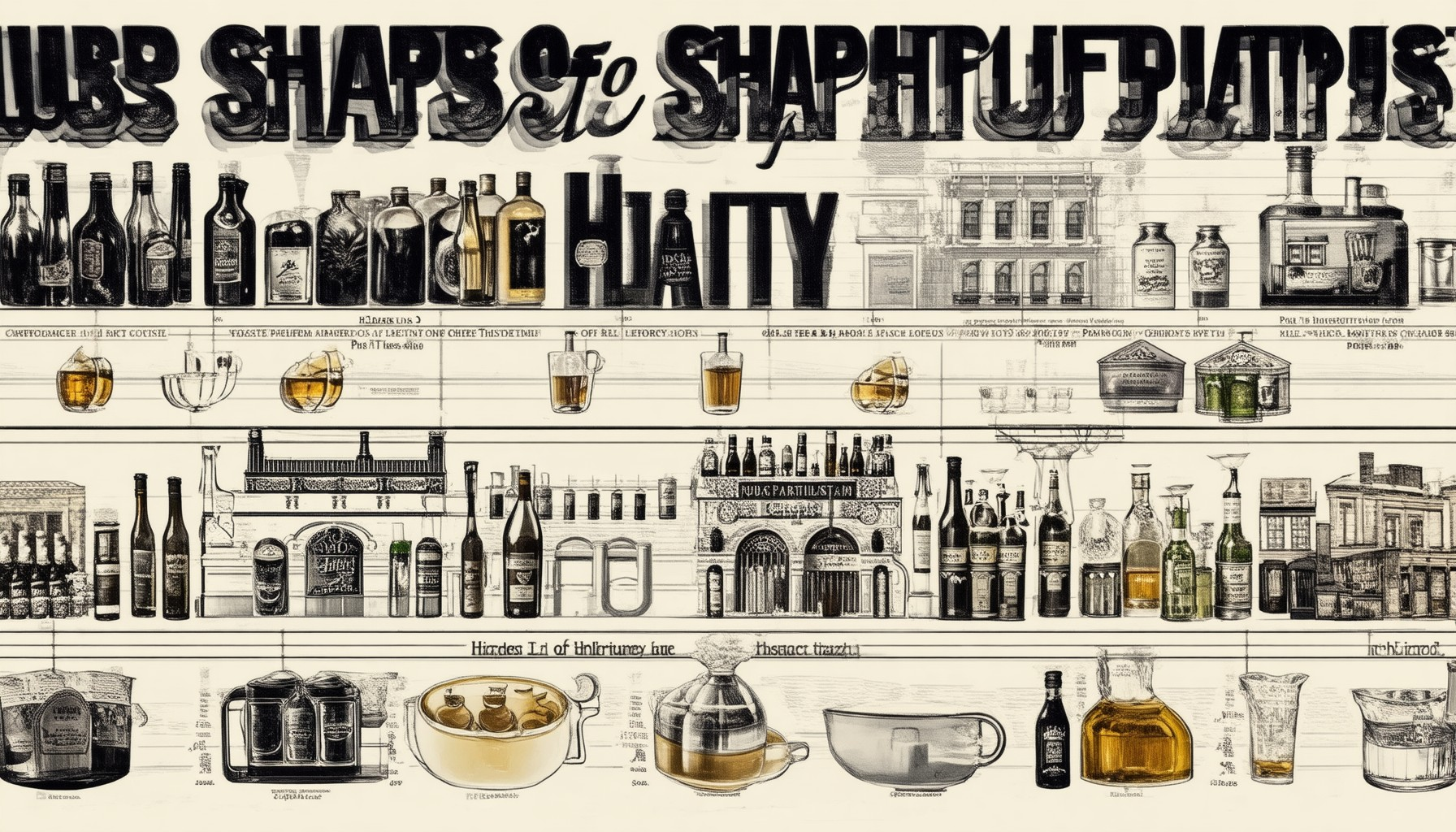
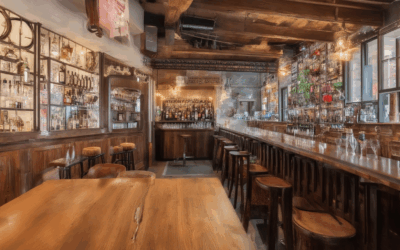
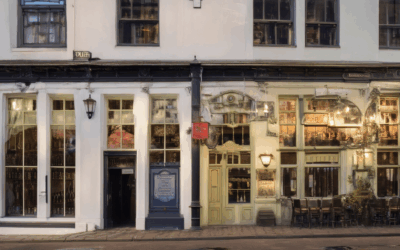
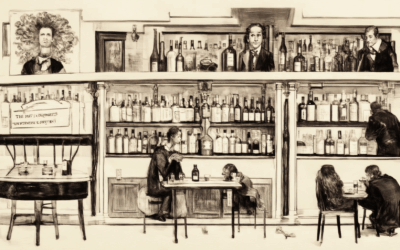
0 Comments